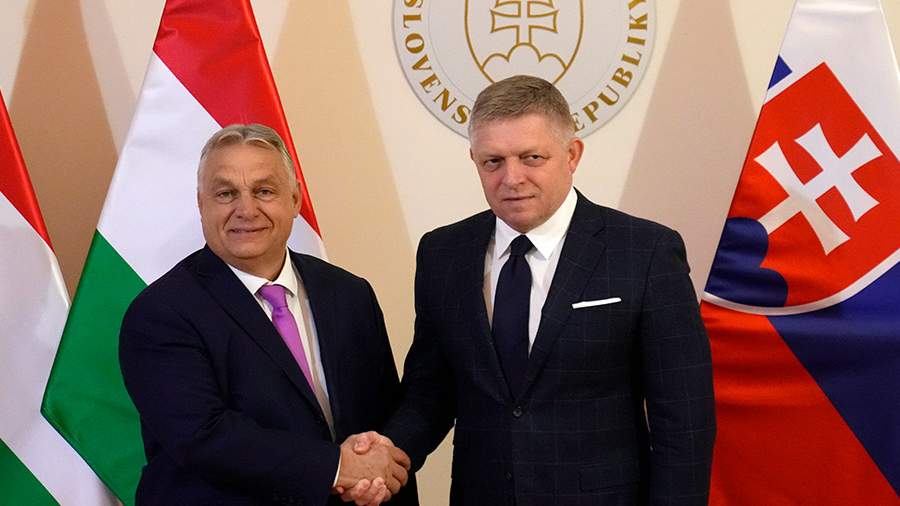Experts have assessed Hungary's and Slovakia's ability to counter Brussels

Slovakia and Hungary are unlikely to vote against the extension of anti-Russian sanctions at the end of January, but they could agree on a number of relaxations during the vote on the new 16th package of restrictions, Vadim Trukhachev, associate professor at the Department of Foreign Regional Studies and Foreign Policy of the Russian State University of Humanities, told Izvestia.
"The sanctions will, of course, be extended. Budapest and Bratislava will make concessions in exchange for the fact that they will still receive funds from EU funds," he said.
In September, Bloomberg wrote that the EU may freeze €12.8 billion allocated to Slovakia from EU funds under the pretext of deteriorating democratic norms in the country.
In turn, Vladimir Shapovalov, director of the Institute of History and Politics at the Moscow State University, noted that the position of European elites has significantly weakened after the victory of U.S. President Donald Trump, and against this background, the attempts of Slovak Prime Minister Robert Fitzo and his Hungarian counterpart Viktor Orban to counteract the sanctions indicate a positive trend towards normalization of relations with Russia in the countries of Europe.
Both political analysts are confident that on January 21, during a meeting in Bratislava, Fitzo and Orban agreed on their positions regarding the anti-Russian sanctions regime, which is harmful to their interests.
Read more in Izvestia's exclusive piece:
In a close fight: Hungary and Slovakia are looking for ways to counter EU sanctions
Переведено сервисом «Яндекс Переводчик»

